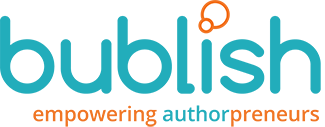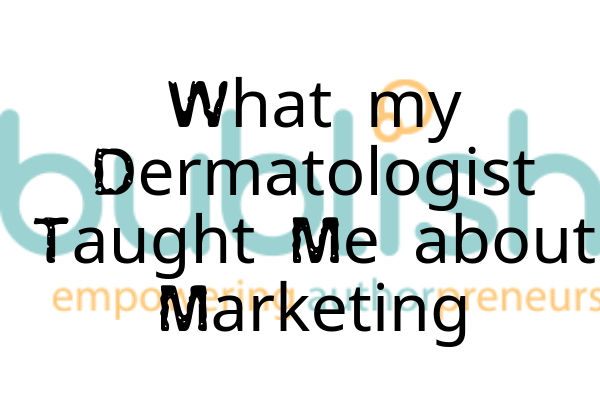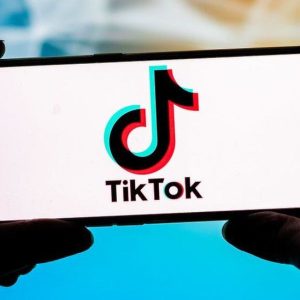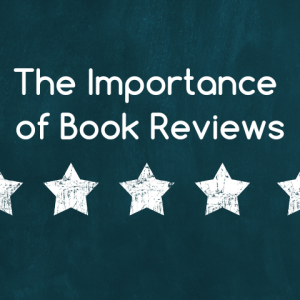By the end of this post you’ll know two things about me: I have dry skin…and…as the founder of Bublish, I am obsessed with improving book discovery in the Digital Age. With this in mind, forgive me when I compare books to skin lotion. I see lessons about book marketing everywhere!
So…I recently visited a dermatologist. During the appointment, the doctor suggested I try a moisturizer called CeraVe. “It will not only moisturize,” she said, “It will repair your skin as well. You can find it at your local drugstore. It’s not expensive. Here’s a coupon.”
I wondered how I’d never heard of this lotion. It had been around for years and was available right at the local drugstore. I’d probably looked right at it dozens of times, but never noticed it amid the hundreds of other choices. I’d tried dozens of other lotions that hadn’t delivered, so I wasn’t willing to spend a fortune to try another. Since the price was right, I had a coupon and the product had come highly recommended from a trusted source, I decided to give it a shot.
It turns out CeraVe is a fantastic product. Since trying it, I have told my friends and family about it and purchased other products from this company.
So here’s what my dermatologist taught me about book promotion:
- Just because you wrote an amazing book, doesn’t mean readers are going to find it. Online retail “shelves” have never been more crowded. Just like the lotion aisle at the local drugstore, consumer options are plentiful. To get noticed, authors must create numerous, effective points of discovery for their work.
- Getting your book in the hands of key influencers is REALLY important! Empowering those influencers with information to direct readers to the point of sale is equally important. I bought the lotion because a trusted source recommended it, told me where to buy it and gave me a coupon. Trusted sources for readers can be respected reviewers, successful authors in your genre, popular bloggers, well-read social media personalities, and for nonfiction writers, authorities in your area of expertise. Identify and get to know key influencers in your genre.
- Authors must differentiate their work in a crowded book marketplace. (Remember, CeraVe not only moisturizes; it repairs skin too.) What differentiates your work? Beautiful writing? Great plot twists? Quirky, memorable characters? Know what makes your books unique and be able to articulate these differentiators.
- When you’re trying to get readers interested in something new – especially if they’ve been burned before – price and incentives matter. You’ve got to find that sweet spot. In the case of CeraVe, it wasn’t the cheapest lotion on the shelf, but it was competitively priced. The coupon gave me an incentive to try it. Research the price of books in your genre and run specials that encourage new readers to sample your work.
- Confirmation that a quality book is your best promotional tool. CeraVe delivered on its promise to moisturize and repair my skin. That’s why I’m spreading the word and buying more of the company’s products. If it had not delivered, both the dermatologist and the company that makes CeraVe would have lost credibility. Instead, I’ve become a brand evangelist. Make sure you offer readers a well-written, well-edited and well-designed book. Deliver what you promised
Effective book promotion in the Digital Age is ultimately about two things – having a great product and creating numerous points of discovery that make it easy for interested readers to find your work, try it and love it. It’s amazing how much my dermatologist knows about book marketing!




